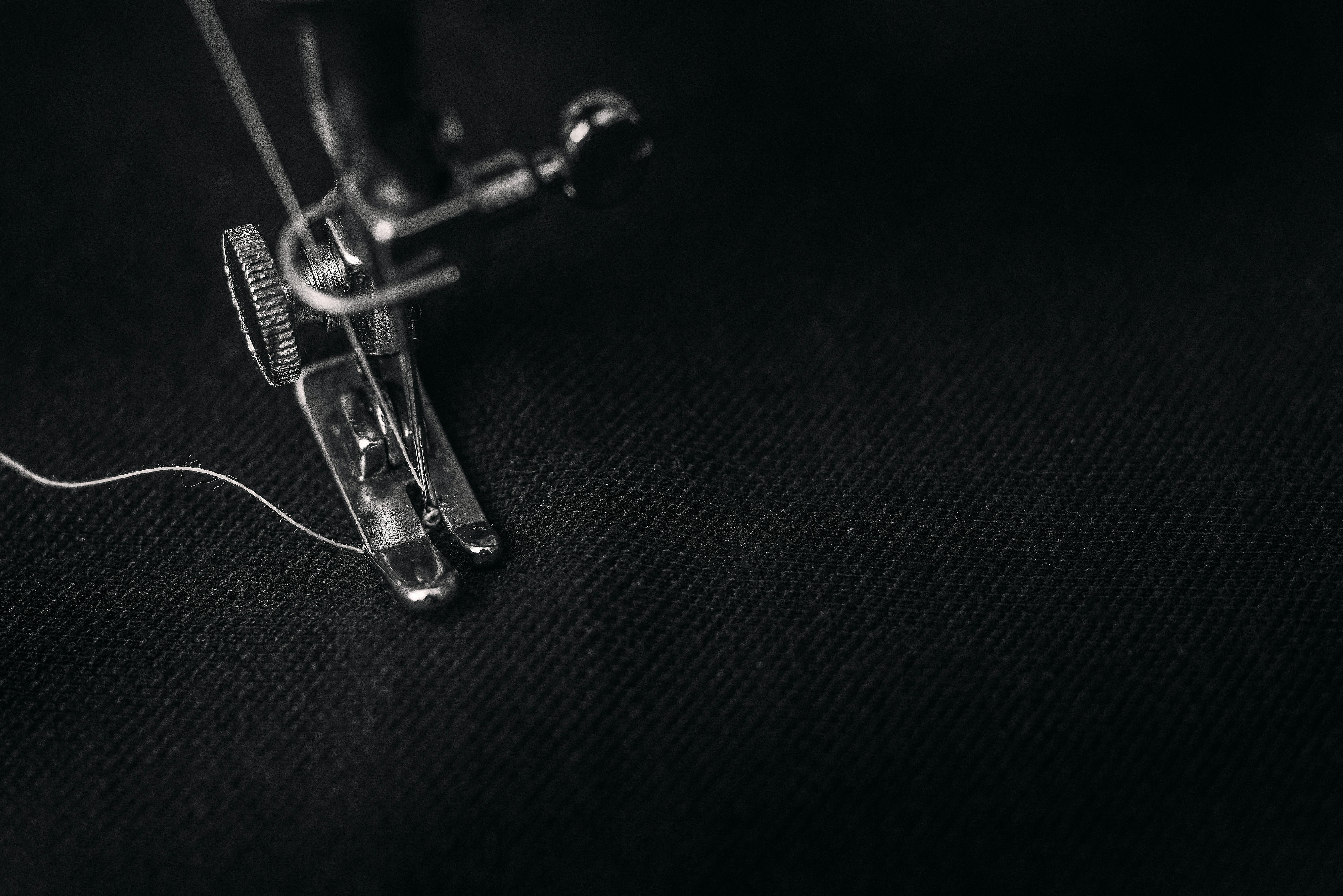Fascination for photography on doors and windows
There is something about doors and windows. Doors and windows tell us a lot about the streets, about history, about culture and they are everywhere. Doors and windows are big, small, plain, colorful, old, new, modern, vintage, they come in all shapes and forms. Sometimes you will find doors and windows open, sometimes closed, with or without people, and even sometimes the door or window is not there, but you know where they were supposed to be.
Doors and windows beg to be opened. You are supposed to open doors and walk through them. You’re supposed to open the windows and let the breeze in. Doors and windows are intriguing and fascinating.
The doors and windows are there and they are full of patterns, textures and designs. They call us to be photographed. They come in a variety of shapes, sizes, and materials. Some are huge and some are intimidating, some are small and just there. Some doors and windows are famous and some are also art forms. These and more surely bring the fascination of capturing images of doors and windows.
Capturing an image of a door or window may seem like an easy task. What can be so tricky about it, they are flat so there is no ‘Depth of Field’ to worry about. They don’t move, so there’s no need to worry about ‘Shutter Speed’. But wait, doors and windows have their challenges too.
Most of the time doors and windows try to avoid the sun, they wait patiently under awnings, doorways, trees… oh, shadows. The sun may be hitting them, so there is a reflection that you may not like or may want to take advantage of. Shaded doors and windows tend to have cool, low, blue-toned light, so warm filters are sometimes necessary.
As with most photography, early mornings and late afternoons are the best times to photograph doors and windows, not only because of the warmth of the light, but also because the porches, awnings, and entrances are out of the way of light and there are no shadows. Side lighting is also interesting, it will enhance the texture of the door or window, as well as its details.
Tripod use is usually required to capture the details of doors and windows, as you will be shooting at a medium to slow shutter speed. Natural light is usually adequate, but if you’re not using a tripod, you may need a flash to top it off.
When you find a door or a window that you want to capture. The first thing is to remember your first impression, think about it and review it. What was it that caught your attention? The color of the door or window, the general scene, the surrounding wall, the door or window itself, the handle, the texture or the window shades. Whatever it is, make sure you capture that detail, without it the image could lose its magic.
Another important point to focus on is getting close enough to eliminate all distractions and isolate your main focal point, the one that caught your attention. Watch for lights and keep the back of your camera parallel to the door or window to keep everything sharp and in focus, while also maximizing depth of field.
If it was the texture, the rust, the peeling paint, the carvings that caught your eye, then get closer and consider using a macro lens, you really want to capture as much detail as possible. Side lighting can accentuate those details, use shadows to add depth to texture, capture an image in two dimensions.
Doorknobs are interesting details to capture. Depth of field plays an important role in the composition of your image. If you want to capture the entire goatee use a smaller aperture so everything is in focus, if you want to capture just the end of the goatee and blur the back then use a larger aperture. Think about other distracting elements involved in doorknobs like locks and other highlights, make sure you know how you want your image to look.
After capturing what caught your eye, go back and study the rest of the door or window. Change your position, your angles, go down, go up and look around you. You may find that there is more, capture different perspectives, your choices are fascinating.
When capturing images of doors and windows, take your time, remember that the door and window are not going anywhere.
